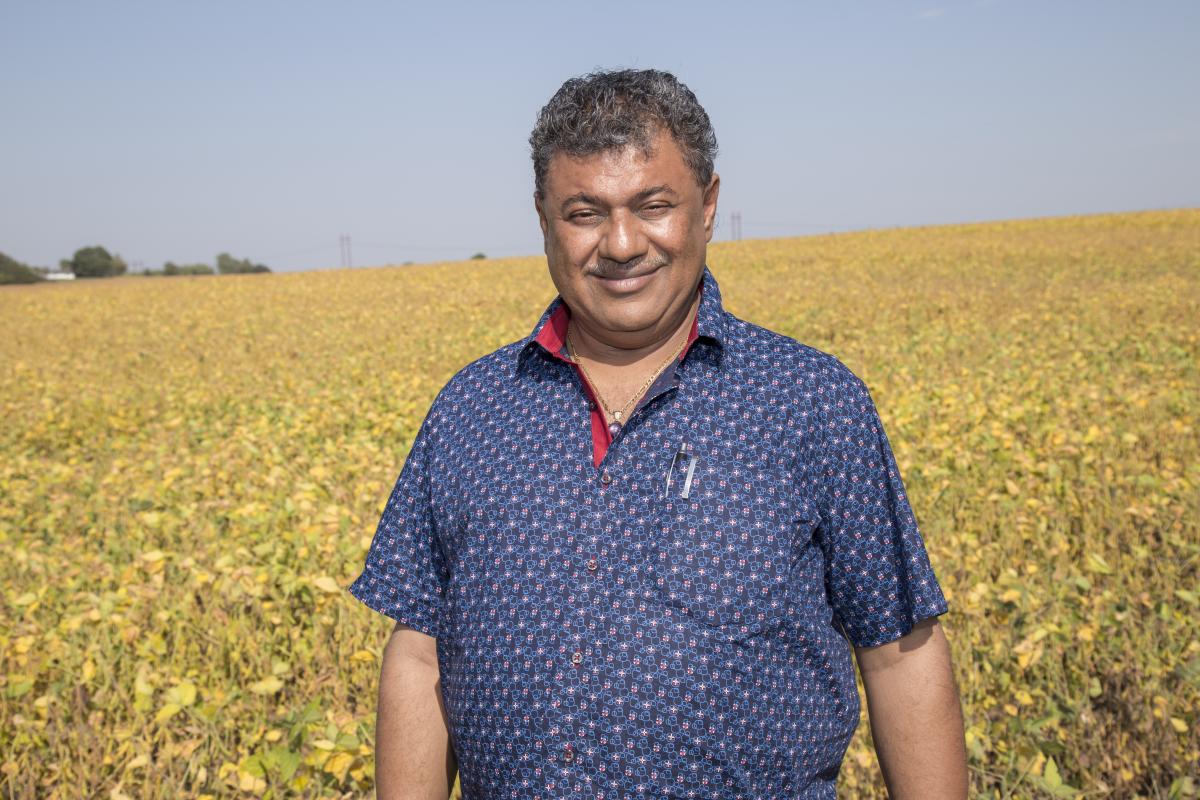
It wasn t easy for Jitu Vrajlal Soni to step away from his farm in Tanzania s Manyara region to serve as a Member of Parliament.
Farm projects don t get completed as quickly as he d like, and he often has to rely on his father to take care of the family farm while he s away for parliament sessions. When he is home, Soni must allocate time for constituents who are concerned about water, health and other issues.
But he views the six years he s spent in parliament as worthwhile a way to fulfill his passion for community service while ensuring that farmers voices are heard and heeded by policy-makers.
It s very important for farmers to speak up, because I learned in parliament that the people who make the decisions have no clue at all what agriculture is, how people farm or what their needs are, he said.
Or there may be others who feel they know agriculture, but they have never practiced agriculture, and theory and practice are two very different things, Soni added. If you have worked on a farm, you know how it is, you know how it feels and you know exactly what the farmer wants. That makes a big difference. So we need to speak out and say what is best for us instead of having people who don t understand agriculture make the decisions.
As a legislator, Soni has been able to amend bills to reduce or remove some of the nuisance taxes and levies that were burdening the farming sector, such as taxes on imported tractors, irrigation equipment and agricultural implements that prevented farmers from becoming more efficient. He also worked to ease taxes on solar equipment, which is important in a country where only five percent of the rural population has electricity. That figure is now up to 14 percent, due to lower taxes for solar products.
But reducing production costs is only one part of the equation for successful farming. Soni believes that insufficient access to new technologies and techniques is one of the greatest challenges facing farmers, fishers and livestock keepers in Africa.
They are doing what their parents and their grandparents have been doing, he noted. We need the newer technology and more access to research so we can bring up our productivity. Our costs have all gone up and our profit margin has gone down and the production methods that we have are still the same, so most of us hardly make ends meet.
In addition to more mechanization, farmers also need access to improved seeds, he said. That s the most important. We need seeds that will give us better yields, and that would be resistant to drought.
To that end, Tanzania is moving forward with its research on genetically engineered seeds, having recently completed confined field trials for the drought-tolerant and insect-resistant Water Efficient Maize for Africa (WEMA).
As members of parliament, we re actively working to see how we can get the regulations and the law changed so we will be able to get it commercialized and get it out to the farmers, he said. We are quite confident that we will manage to do that. And this is not only for maize; we would also like to see that [commercialization] happen for [GE] cassava because that is also another major staple crop and we have a lot of viruses and disease with it.
Soni has already taken steps to improve productivity on his own farm, where he grows maize and pigeon pea for seed, as well as bananas and grapes.
I was the first person in my area, in 2002, to get the tissue culture bananas, which were very new at the time, he noted. Seeing was believing in my area and it is still is. So I started planting the first tissue culture bananas before getting everybody else to join. Before that, most of the bananas used to come from the neighboring districts. I always wanted new crops and high value crops for our area, and one of them is the banana. It has really earned the farmers in our area much more money than the previous traditional crops they used to plant, so they can make a better living. That is my biggest joy, seeing a goal I wanted to achieve get done.
